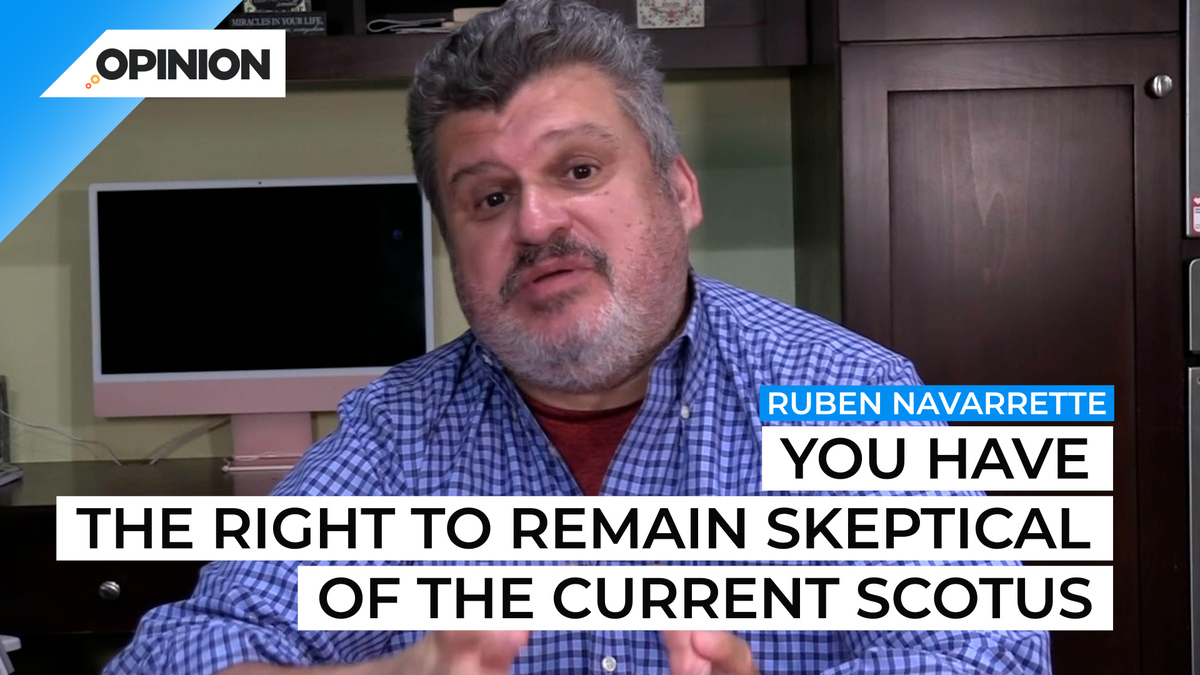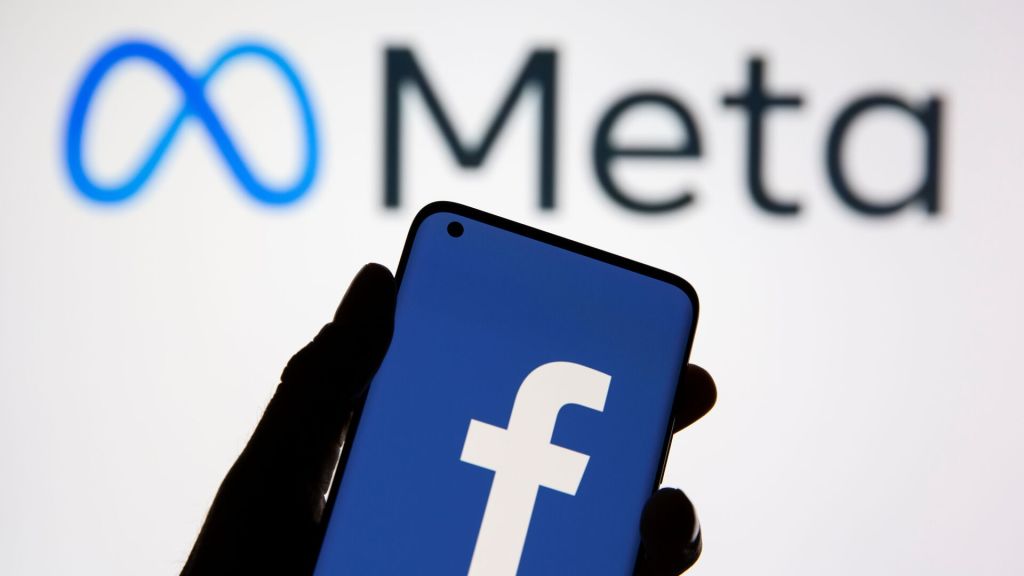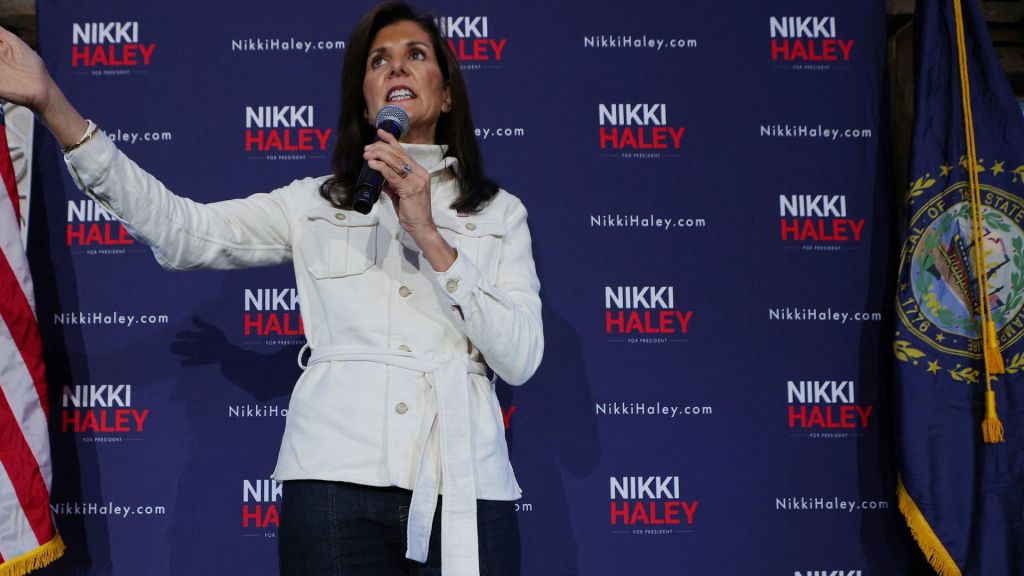
Commentary
-
Our commentary partners will help you reach your own conclusions on complex topics.
You have the right to remain skeptical that the current configuration of the Supreme Court, basically some reactionary Republicans and red caps and black robes, cares at all about civil liberties. Anything you say can and will be used to judge your honesty, fairness and common sense, and to determine whether you can judge SCOTUS objectively. You have the right to an eye doctor and a brain specialist, both of which you may need if you’re okay with overturning or weakening fundamental civil rights laws. Do you understand the rights I’ve read to you? With these rights in mind, are you wanting to listen to a fair critique of where this right-wing court went wrong?
The recently concluded Supreme Court term will be most remembered for eliminating the federal right to an abortion. But what should not be forgotten is that the court in another case also took a bite out of the constitutional right against self-incrimination. That’s a big one. In American jurisprudence, it’s right up there with the right to legal counsel, the right to a fair trial, the right to be presumed innocent. These are the things that make the US legal system, the envy of the world. Is nothing sacred to this bunch? I guess not.
We should place a 24-hour guard on Brown versus Board of Education. Shredding the landmark 1966 Supreme Court decision in Miranda versus Arizona, the High Court ruled that Miranda warnings are pretty much meaningless. Because after all, police officers who don’t give them cannot be sued for violating a suspect’s right not to incriminate himself under the Fifth Amendment. See, I’m confused. I thought Republicans adored the Fifth Amendment, almost as much as they love the Second Amendment. I assumed that a posse of Republican judges would do everything they could to protect the Fifth Amendment. After all, how are Republicans who get in hot water, like the ones who worked for former President Donald Trump, and who were called to testify on Capitol Hill about the January 6 insurrection, how are these folks supposed to plead the Fifth if they’re no longer is a Fifth?
Sidebar, your honor. I’m wondering whatever happened to the Republican Party of old, the one that used to preach to black and brown folks in the 1980s that we had to take responsibility for our actions? Where was the fondness for the Fifth Amendment back then? Oh, I see. It’s the Fifth Amendment for thee, but not for me.
As you’re likely aware, from countless hours of TV cop shows from “Dragnet” to “Chicago PD,” law enforcement officers are required to issue Miranda warnings before they can question a suspect. Many police departments even print out the exact wording on laminated cards that officers carry with them, just to make sure nothing gets lost in iteration. But what if the officers don’t feel like going through the trouble? Or what if they forget to give the warning? What if they’re so desperate for information that they’re willing to pressure or intimidate a suspect to get it and they don’t want Miranda getting in the way? Due to the high court’s decision in Vega versus Tekoh, the answer seems to be, “no biggie. Carry on lads.”
Police officers who wipe their feet on one of the most fundamental rights are immune to civil lawsuits. The court ruled there goes the quaint Republican ideal of accountability right out the window. Ironically, it’s the job of police to make folks answer for misconduct. Now, courtesy of the Supreme Court, police don’t have to answer for their own misconduct. Police unions might see this particular ruling as a gift to law enforcement officers. They’re wrong. It’s a curse. Policing already needs reform. And this will only make the need greater. We can expect more distrust of cops, more coercion, more false confessions, more chaos in the justice system. When it comes to outrageous judicial activism that can’t wait to turn back the clock on civil liberties and civil rights, this configuration of the Supreme Court wins the prize. And in the process, a once-remarkable country is losing its way and giving up what made it special in the first place.
-
Trump supporters want to be victims of anti-white racism
The racial anxieties of conservative white Americans are certainly nothing new to U.S. history, but in recent years observers have warned of a range of factors that may be radicalizing right-leaning Americans into political violence and extremism. Donald Trump, in particular, often receives credit for normalizing this extremism for a new generation of Americans. Straight…
-
Texas is Hispanic, and that’s not going to change
Hispanic people now make up the largest ethnic group in Texas, according to the latest U.S. census data, and almost half of all minors in the state are Hispanic or Latino. This data feeds the fears of some right-wing Americans who believe in the “great replacement” theory. The theory states that non-white populations are displacing…
-
Liberal Americans are abandoning DEI
Diversity, equity and inclusion (DEI) have emerged as popular values for many left-leaning Americans. These Americans celebrate certain events, such as Barack Obama’s victory as the first Black U.S. president, as historical achievements and milestones of forward progress over time. Straight Arrow News contributor Ruben Navarrette worries that these values are eroding on the left,…
-
GOP hypocrites ‘tough on crime’ while supporting criminal Trump
Throughout the 1980s and 1990s, conservative politicians won campaigns in part by positioning themselves as “tough on crime” and talking about “the rule of law.” Later, during the Trump administration, it was the Democrats who positioned themselves as the defenders of law and order. Now, despite fielding a presidential candidate who faces 91 felony criminal…
-
Democrats too soft on Biden’s poor treatment of immigrants
Republicans have attacked U.S. southern border security from every angle. What’s sometimes missing from the public view of this conversation are the criticisms of Biden’s own fellow Democrats, many of whom argue that the president is being far too tough with immigrants who dream of living in the United States. Straight Arrow News contributor Ruben…
Latest Opinions
-

Supreme Court justices split over Idaho’s abortion law
-
 Getty Images
Getty Images
Businesses sue over FTC ban on noncompetes
-
 Getty Images
Getty Images
National Enquirer ex-publisher: Tabloid made up stories to help Trump
-
 Getty Images
Getty Images
Bird flu fallout: USDA says milk is safe, states must test dairy herds
-
 Getty Images
Getty Images
Biden administration cracks down on flight refunds and hidden fees
Popular Opinions
-
In addition to the facts, we believe it’s vital to hear perspectives from all sides of the political spectrum.


